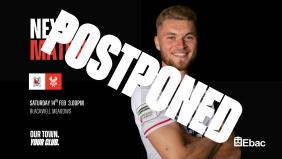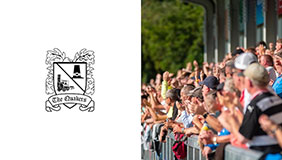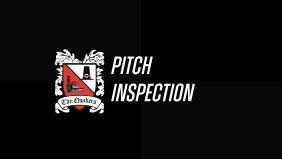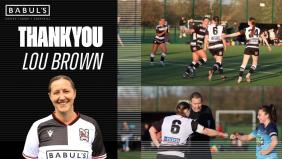In the latest of our series, we remember Dick CordenDick Corden was club chairman when Quakers won t...

In the latest of our series, we remember Dick Corden
Dick Corden was club chairman when Quakers won the GM Vauxhall Conference and old Fourth Division titles in 1990 and 1991, arguably the most exciting years in the club’s history.
Dick, owner of a scaffolding company, was invited to join the board following a meeting at the old Little Chef restaurant on the A66 near Sadberge.
“I had a meeting there with Peter Boddy, one of the directors at the time, and after we had a chat, he invited me on to the board, because he said that they needed some new blood,” he said.
“Soon after I arrived, we lost at home to Leyton Orient, and we were rock bottom of the league.
“We had a board meeting straight after the game, and it was obvious that we would have to sack manager Dave Booth, and bring somebody else in.
“Archie Heaton, who was chairman at the time, wanted Billy Bremner, but it was obvious that he, and other people who were suggested, would want an arm and a leg to become manager.
“We wanted somebody who was hungry and wanted to make a name for himself, so I suggested Brian Little, who had just left Middlesbrough because of a fallout.
“I didn’t have a clue how to get hold of Brian, so I rang everybody with the surname Little in the Middlesbrough area phone book! I started at 10am in the morning, and worked my way through the book.
“At about 1pm in the afternoon, I rang a chap in Middlesbrough, who said that Brian was no relation, but he gave me a number for him in the Midlands. I phoned Brian, and he gave me his address so I could go down and talk to him straight away.
“We had a good chat, and he said that he would come to the end of the season, to see how it would go.
“He agreed to come back to the north east with me, and the following morning we went to the Blackwell Grange Hotel to meet Archie. Before we met the chairman, Brian wondered how much he should ask for a salary.
“I knew that Dave Booth had been on £15,000 per year, so I said to Brian “ask for £20,000”.
“He didn’t get £20,000. Archie didn’t want to pay a straight £20,000 on principle; instead he paid him just less than that – fifty pence per week to be exact.
“After the salary was agreed, we took him down to the club to meet the players in the dressing room. I said to the players “here’s your new manager” and left Brian to get on with it.”
Little couldn’t save Quakers from dropping out of the league, although he almost managed it. But the question then was – should Quakers go part time, like the rest of the clubs in the Conference at that time?
“We were really struggling after we went down. Archie resigned as chairman, and nobody really wanted to take over.
“The other directors asked me, and I told them that I was heavily involved in my business, but they persuaded me to take it on.
“I wanted the club to stay full time for a couple of years, to give us a chance of getting out of the Conference. Brian was very worried that if we stayed part time, he might not be able to get the players to strengthen the team. The board agreed that we should stay full time, and Brian started signing players.
“We budgeted to play at Wembley in the Trophy final, and we thought that we could make something like £100,000 out of it, especially with plenty of fans going down from the north east.
“We were favourites for both competitions. All seemed to be going well until we lost at Leek Town, who were two divisions below us, in the quarter final – that was a very big disappointment.”
However, Quakers managed to win promotion on the last day of the Conference season with a Gary Coatsworth header at Welling.
“That was a fantastic day, one of the greatest in my life. I enjoyed the Conference, and we came across some good people there. In a way, I wouldn’t have minded staying down there, but obviously our aim was promotion.
“I never thought we’d miss out, even though Barnet gave us a run for our money. We let in the fewest goals in the league that season, and Brian always did his homework. He said before the season started that if he built a defence, he would win promotion.”
There were one or two scares, not least the day when Wycombe, managed by Martin O’Neill – who later made his name at Leicester City and Glasgow Celtic -- won 1-0 at Feethams with just six games remaining to give chasing Barnet some late hope.
“They scored in the first minute, and we didn’t come anywhere near getting back into the game.
“After the match, I thought we’d blown promotion, and I was really wound up. So I went into my old office in the stand and sat in the dark.
“The door opened, and in came Brian – I didn’t know it, but he used to escape to my old office for a few minutes as well!”
Quakers kept their momentum going the following season, and stormed through the old Fourth Division.
“After we had a run of good results up to Christmas, I told Brian that we could win promotion. Brian asked me if we could afford it, and I told him that we could.
“In that season, he only really added Mick Tait to the squad which had won the Conference. The spirit in the dressing room was fantastic.”
Quakers won the old Fourth Division on a nailbiting last day, when defeat could have meant the play offs.
Instead, they won 2-0 in front of a 9,160 crowd, an attendance that was never surpassed again at Feethams.
Dick walked on the field before the match, and announced: “I wish we had this many in the ground every week.”
The chairman/manager relationship worked well, but Little’s success attracted the bigger clubs, and Leicester City made overtures for Little to return to the midlands.
“The Leicester chairman, Eddie George rang me early in the close season, and asked for permission to speak to Brian. I told him that if I said no, he would approach him anyway. I gave him my permission, but I asked him to wait until I’d spoken to Brian.
“I phoned Brian, and told him that Leicester had been on the phone wanting him to be their manager. Brian said “Oh, no, I don’t know what to do.”
“I replied: “My heart says stop here, my head says go.” So Brian went, after two fantastic years.”
His assistant Frank Gray, who had been at the club as a player for two years, succeeded Little.
“Frank was going to go with him, but he wouldn’t move house from Wetherby. So Brian told him that he didn’t want him to be travelling so far to training and matches every day, so he wouldn’t give Frank the job. Instead, Brian recommended that he took over from him at Darlington.”
Dick was heavily criticised by the fans for a piece he wrote in the programme at the start of the following season.
“I wrote that I would be delighted to finish fourth from bottom that season (only three went down). The Third Division was the limit for us. Just before the start of the season, Stockport, who were in the same division as us, splashed out £250,000 for a player, and that was something we couldn’t compete with.
“I got a sackful of mail about it, but I was only being realistic. Maybe if Brian had stayed, we would have finished in the top half.”
It wasn’t a good season under new manager Gray, and after a 3-0 defeat at Torquay in February 1992, he was sacked, with Ray Hankin appointed as replacement. Dick decided to quit as chairman following a board meeting with the bank manager at the end of season 1991-92.
“We asked the bank to back the club throughout the close season. We had a couple of decent young players, and one of them was Sean Gregan. We were in a situation where we had to sell players to survive.
“But the bank manager told us that in order for the club to survive, then the directors had to commit themselves to the bank. He wanted £50,000 from each director and the deeds of our houses.
“He told us that if the club went bankrupt, the bank would sell our properties in order to pay off the debts.
“I resigned there and then, because I couldn’t afford that.”
Dick quit the club in the summer of 1992, and severed his ties with professional football, but he could be proud of his part in helping Quakers back into the Football League.
(Adapted from Farewell to Feethams by Ray Simpson and Andrew Wilkinson)



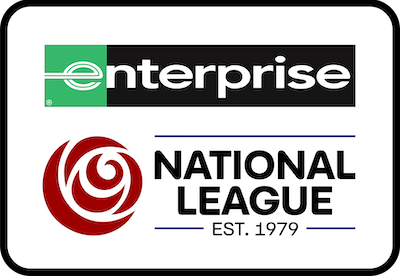
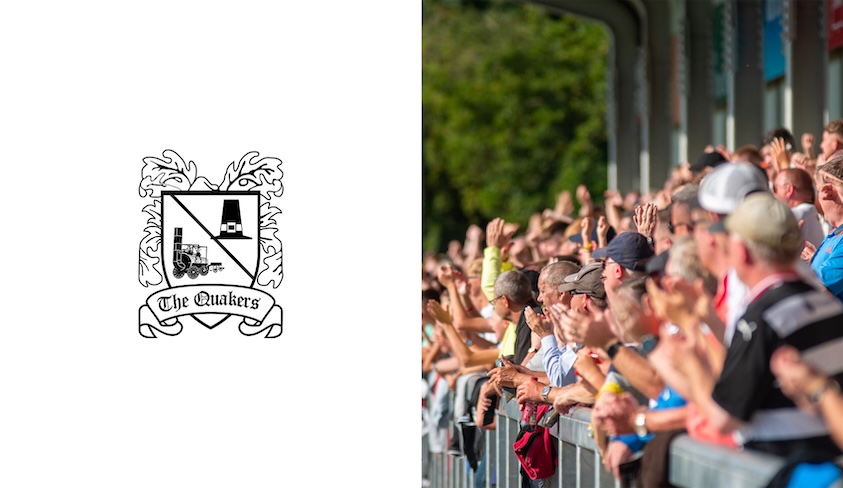

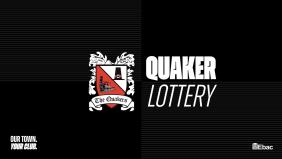
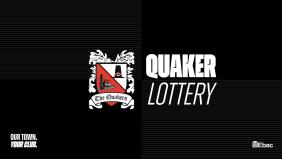

-article-list.jpg)
